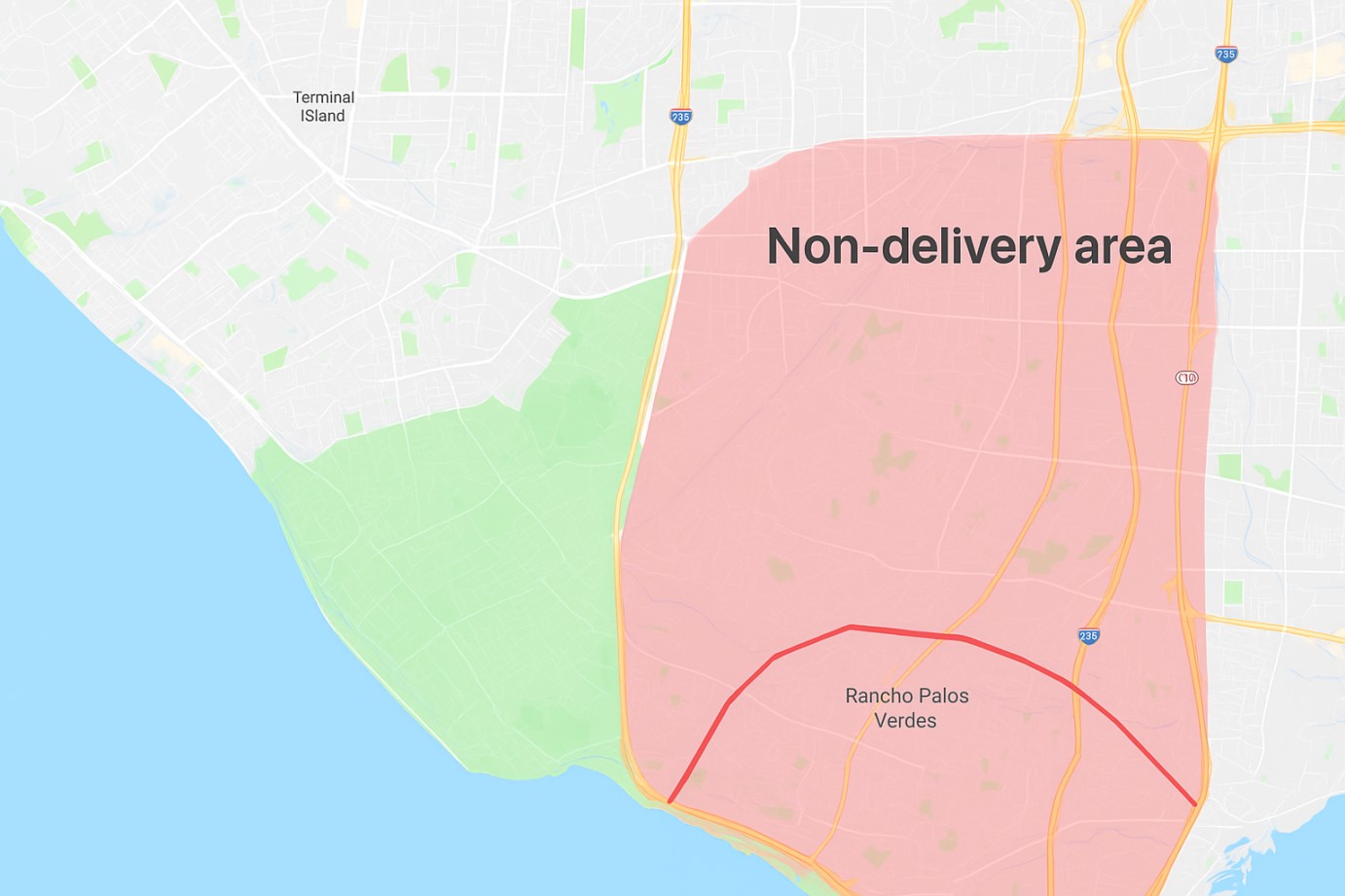This website uses cookies so that we can provide you with the best user experience possible. Cookie information is stored in your browser and performs functions such as recognising you when you return to our website and helping our team to understand which sections of the website you find most interesting and useful.
Working with WordPress hooks can be quite an adventure, especially when you’re trying to customize your site without tweaking the core files. Today, let’s talk about the block_parser_class filter. This filter allows plugins to replace the server-side block parser with something custom. But don’t worry, it’s simpler than it sounds!
To use the block_parser_class filter, you first need to register it using add_filter. You can write this code into the functions.php of your activated theme or, even better, create a custom WordPress Plugin. At WePlugins, we always recommend creating a custom plugin to ensure your changes stay intact even after theme updates.
Example 1: Modifying the Block Parser Class
In this example, we’re defining a function weplugins_modify_block_parser_class_defaults which takes one parameter. We register it using add_filter. The first parameter is the hook name, the second is the function to call, the third is the priority, and the last is the number of arguments.
function weplugins_modify_block_parser_class_defaults($parser_class) {
// Update the $parser_class variable according to your site needs
return $parser_class;
}
// add the filter
add_filter( "block_parser_class", "weplugins_modify_block_parser_class_defaults", 10, 1 );
Example 2: Removing a Hook Callback
Sometimes, you might need to remove a registered hook. You can do this using remove_filter. Below is how you can remove the block_parser_class filter.
remove_filter( "block_parser_class", "weplugins_modify_block_parser_class_defaults", 10, 1 );
Make sure to provide the same callback function name, priority, and number of arguments when removing the hook callback.
Example 3: Applying the Filter
The following is an example of how you can apply the filter.
apply_filters( 'block_parser_class', $parser_class );
If you ever find yourself stuck using this hook, feel free to reach out to our development team. We’re here to help!
Need some customization help? Contact Us for expert assistance.
Explore the latest in WordPress
Trying to stay on top of it all? Get the best tools, resources and inspiration sent to your inbox every Wednesday.




